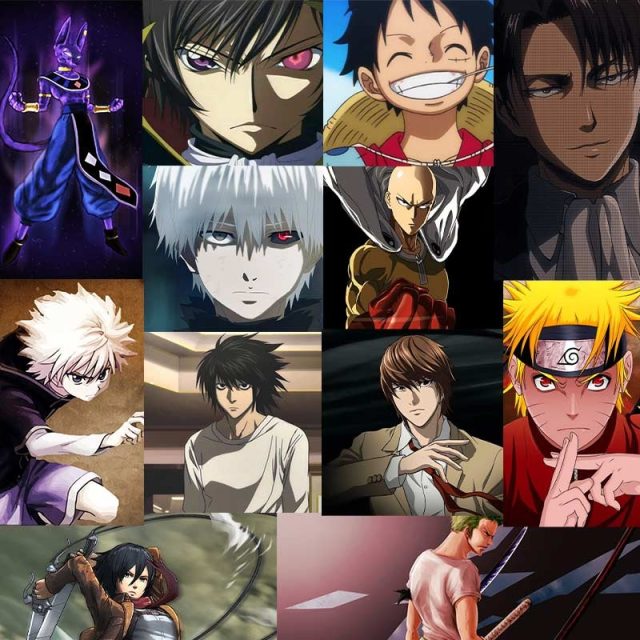Welcome to our blog, where we explore the diverse world of anime and its profound influence on culture and society. Join us as we delve into various genres and themes within anime and examine how they shape and reflect our collective values, beliefs, and social dynamics. Let’s uncover the significance of anime as a cultural phenomenon and its impact on our world.
Anime Genres: Exploring Diversity and Creativity:
1.1 Shonen and Shojo:
Discussing the popular shonen genre, which targets young male audiences, and its emphasis on action, adventure, and personal growth, with examples like “One Piece” and “Naruto.”
Exploring the shojo genre, targeting young female audiences, known for its focus on romance, self-discovery, and emotional narratives, with examples like “Sailor Moon” and “Fruits Basket.”
1.2 Seinen and Josei:
Discussing the mature-oriented seinen genre, catering to adult male audiences, often tackling complex themes, psychological depth, and societal commentary, with examples like “Attack on Titan” and “Ghost in the Shell.”
Exploring the josei genre, targeting adult female audiences, known for its realistic portrayals of relationships, personal growth, and social issues, with examples like “Nana” and “Honey and Clover.”
1.3 Other Genres and Subgenres:
Highlighting additional genres and subgenres in anime, such as fantasy (“Fullmetal Alchemist”), science fiction (“Steins;Gate”), horror (“Tokyo Ghoul”), sports (“Haikyuu!!”), and slice of life (“K-On!”).
Discussing the unique characteristics and storytelling approaches within each genre.
Cultural Reflections and Identity:
2.1 Cultural Representation:
Exploring how anime portrays different cultures and ethnicities, both within Japan and internationally.
Discussing the impact of diverse character designs, cultural references, and narratives that promote understanding and appreciation of different cultures.
2.2 Social Issues and Commentary:
Addressing how anime addresses social issues and provides commentary on contemporary societal challenges.
Discussing the exploration of topics such as gender dynamics, discrimination, environmentalism, political unrest, and the impact of technology on society.
2.3 Gender Roles and Empowerment:
Examining the portrayal of gender roles in anime and how it reflects and influences societal perceptions.
Discussing the representation of strong female characters, breaking stereotypes, and promoting empowerment and gender equality.
Fan Culture and Community:
3.1 Anime Fandom:
Exploring the passionate fanbase surrounding anime and the formation of communities both online and offline.
Discussing conventions, cosplay, fan art, and the exchange of ideas and interpretations among fans.
3.2 Global Reach and Cultural Exchange:
Highlighting the global impact of anime and its role in fostering cultural exchange and understanding.
Discussing the influence of anime on international media, fashion, art, and entertainment, as well as the growing popularity of Japanese language and culture.
3.3 Economic and Tourism Impact:
Addressing the economic significance of the anime industry, including merchandise sales, licensing, and tourism related to popular anime locations and events.
Discussing how anime has contributed to local economies and increased tourism to Japan.
Conclusion:
As we conclude our exploration of anime genres and their impact on culture and society, it is evident that anime serves as a powerful medium for storytelling, cultural expression, and social commentary. Through its diverse genres and themes, anime reflects our collective values, challenges societal norms, and fosters a sense of community and global connectivity. Let’s celebrate the richness of anime and its ability to inspire, entertain, and provoke meaningful conversations that shape our world.






















